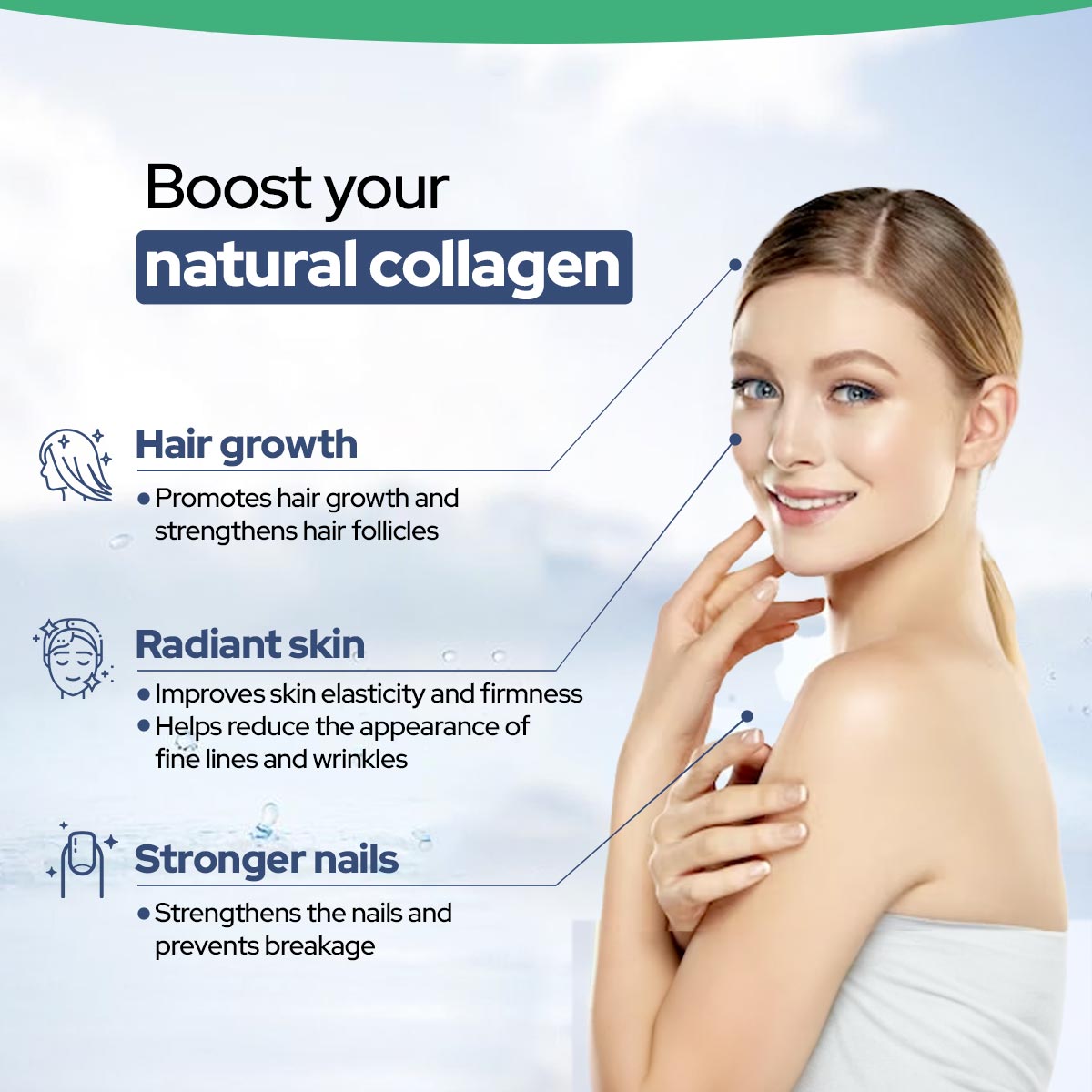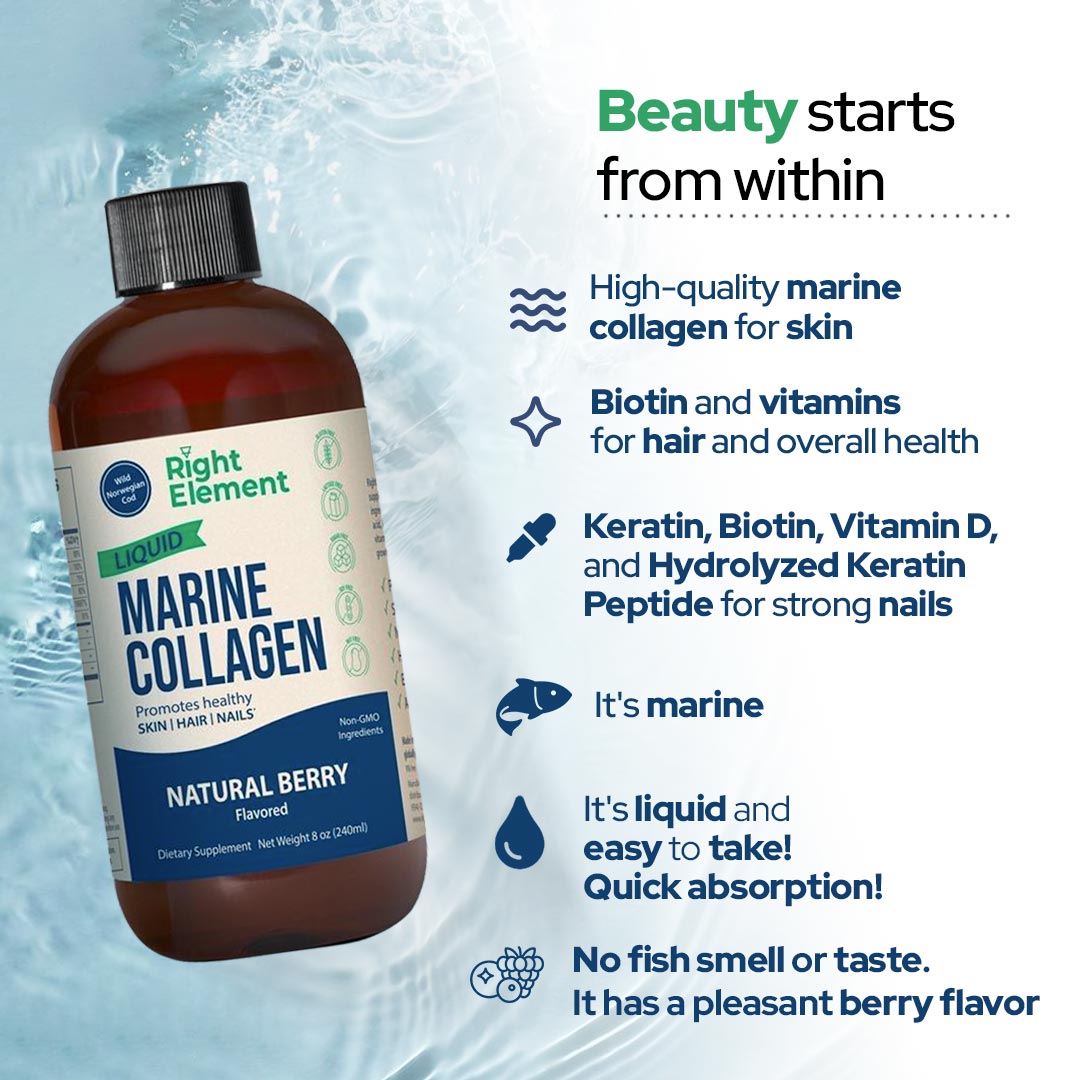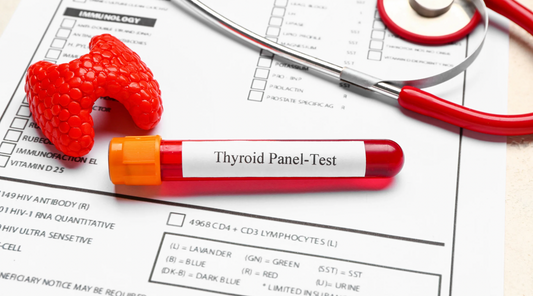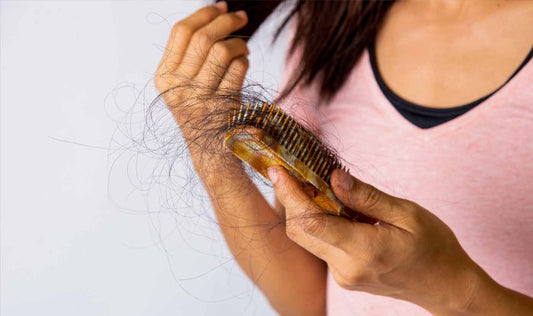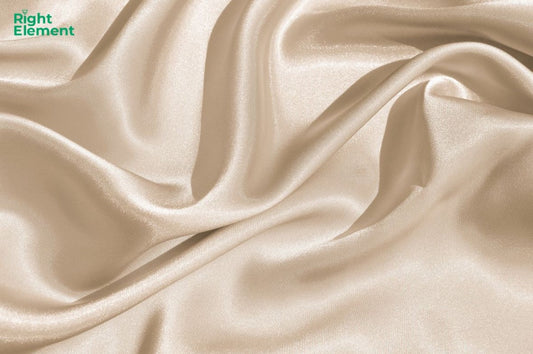Nutrition can play a significant role in healthy hair and hair loss. Since hair is primarily made of protein, a protein deficiency can lead to hair loss. Vitamins and minerals are also important to keep a healthy hair. Incorporating certain foods into your diet may help to support hair health and reduce the risk of hair loss.
Here are some examples of vitamins you should consider taking if you are having hair loss:
- Iron: Iron deficiency is a common cause of hair loss, particularly in women who has heavy menses. Foods rich in iron include red meat, poultry, fish, and beans.
- Vitamin D: Low levels of vitamin D have also been linked to hair loss. You can replace it through sun exposure or foods such as fatty fish, eggs, and fortified dairy products.
- Biotin: Biotin is a B-vitamin that is essential for healthy hair, skin, and nails. Foods rich in biotin include eggs, nuts, seeds, and whole grains.
- Zinc: Zinc helps to support healthy hair growth and may help to prevent hair loss. Good sources of zinc include oysters, beef, beans, and fortified cereals.
- Omega-3 fatty acids: Omega-3 fatty acids are important for overall hair health and may help to reduce inflammation that can contribute to hair loss. Good sources include fatty fish, flaxseeds, and chia seeds.
- Vitamin C: Vitamin C is important to produce collagen, which is essential for healthy hair growth. You can find vit C in citrus fruits, strawberries, kiwi, and bell peppers.
- Collagen is a protein that plays a role in the structure and strength of hair, skin, and nails. Collagen supplements are often marketed to support healthy hair growth and prevent hair loss. As we age, our bodies produce less collagen, which can lead to a loss of skin elasticity, thinning hair, and brittle nails.
Collagen supplements, including marine collagen is a type of collagen that is derived from fish and other marine sources. They are thought to help address these issues by providing additional collagen to the body.
Collagen supplements typically come in the form of hydrolyzed collagen, which has been broken down into smaller molecules that are more easily absorbed by the body. These supplements may also contain other ingredients such as vitamins and minerals that are important for hair health. There is lots of ongoing research suggesting that collagen supplementation may help to improve hair health, and there is more to come.
Some lifestyle changes also help as:
- Limiting your intake of processed foods, sugar, and alcohol, which can have a negative impact on hair health.
- Managing stress: Chronic stress can contribute to hair loss in several ways. One of the primary ways that stress can affect hair health is by disrupting the normal hair growth cycle.
The hair growth cycle consists of three phases: anagen, catagen, and telogen. During the anagen phase, the hair actively grows. During the catagen phase, the hair follicle begins to shrink and the hair growth slows down. Finally, during the telogen phase, the hair rests before falling out and being replaced by new hair.
Chronic stress can disrupt this hair growth cycle by pushing more hair follicles into the telogen phase, leading to an increased amount of shedding and, over time, thinning hair. Additionally, stress can lead to inflammation in the body, which can contribute to hair loss by damaging the hair follicles.
Stress can also indirectly contribute to hair loss by leading to other unhealthy behaviors. For example, when people are stressed, they may be more likely to engage in unhealthy habits such as smoking, drinking alcohol, or overeating, which can all contribute to hair loss. You can try to control stress through meditation, exercise, or therapy may help to support healthy hair growth.
- Exercising regularly: Exercise can help to improve circulation and deliver nutrients to the hair follicles.
- Getting adequate sleep is important for overall health. Getting enough sleep is important for overall health, and it can also play a role in hair health and hair loss. Here are some ways that sleep can interfere with hair loss:
- Disruption of the hair growth cycle: The hair growth cycle is regulated by a number of factors, including hormones and the body’s internal clock. Lack of sleep can disrupt these processes, leading to an imbalanced hair growth cycle and potentially contributing to hair loss.
- Increased stress: Lack of sleep can also increase stress levels, which can contribute to hair loss, as I mentioned earlier. When the body is under stress, it produces more cortisol, a hormone that can interfere with hair growth.
- Reduced nutrient delivery: During sleep, the body works to repair and regenerate tissues, including hair follicles. When we don’t get enough sleep, the body may not have enough time to carry out these repairs effectively, leading to reduced nutrient delivery to the hair follicles.
- Increased inflammation: Lack of sleep can also contribute to inflammation in the body, which can damage the hair follicles and lead to hair loss.
- Increased risk of medical conditions: Sleep deprivation can increase the risk of several medical conditions, including hormonal imbalances and thyroid disorders, which can contribute to hair loss.
To support healthy hair growth, it’s important to aim for 7-9 hours of sleep per night. Additionally, practicing good sleep hygiene, such as avoiding electronic screens before bed and creating a relaxing sleep environment, can help to improve the quality and duration of sleep.
- Avoiding chemical treatments such as perms, relaxers, and hair dyes. These products can damage the hair and contribute to hair loss.
- Protect your hair from damage: Avoid using hot styling tools such as flat irons and curling irons, as these can damage the hair and contribute to hair loss. Instead, opt for low-heat styling methods or allow your hair to air-dry whenever possible. Additionally, wearing a hat or scarf when outside can help to protect your hair from damage caused by the sun and wind.
It’s important to maintain a well-rounded, balanced diet that includes a variety of nutrient-rich foods and stay hydrated to support hair health. It’s important to note that hair loss can have many different causes including autoimmune diseases, chemicals treatment, hormonal changes, medications, genetics, stress, and nutrition deficiencies that may require medical treatment. If you’re experiencing significant hair loss, it’s important to speak with a healthcare provider to determine the underlying cause and appropriate treatment options.














